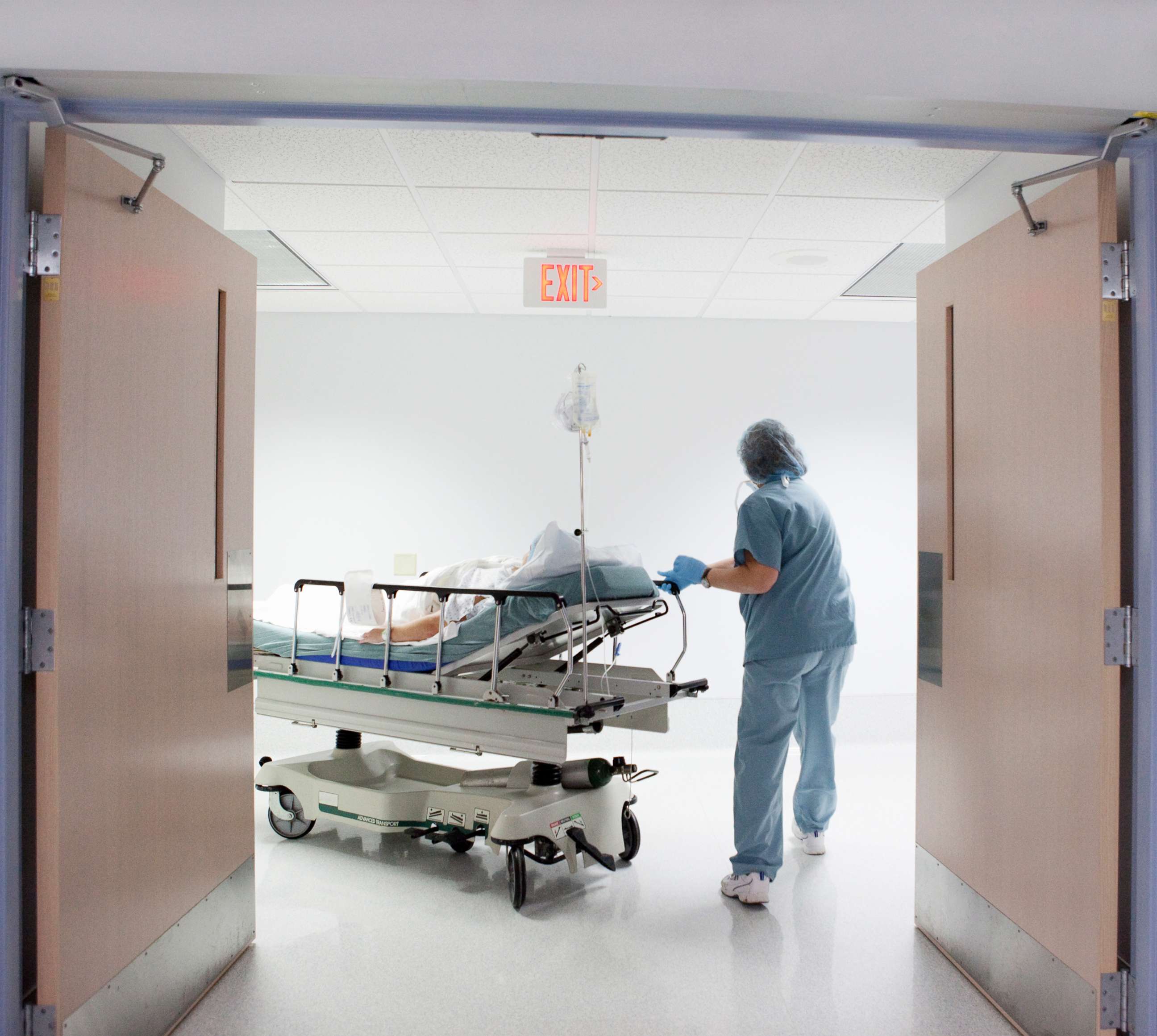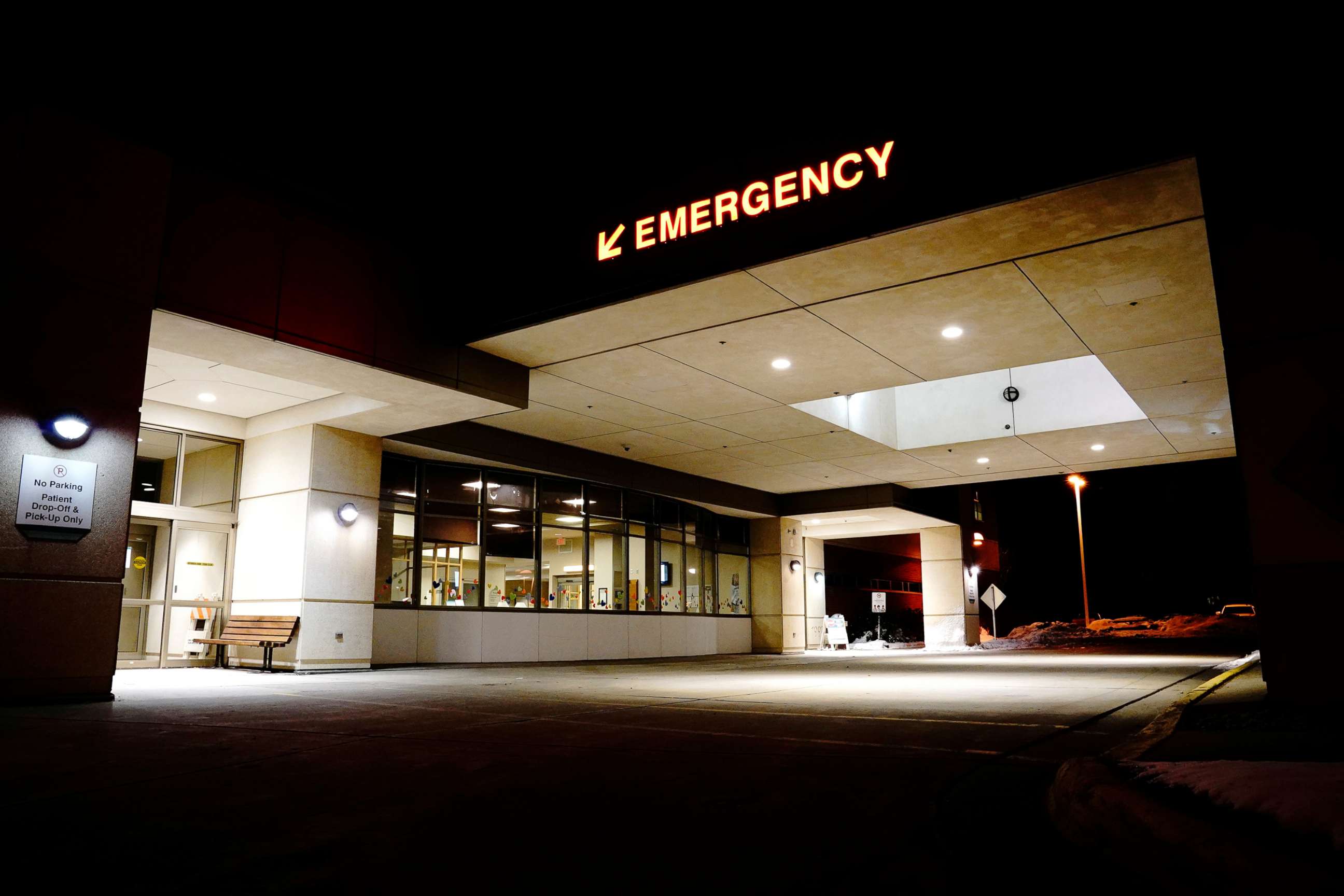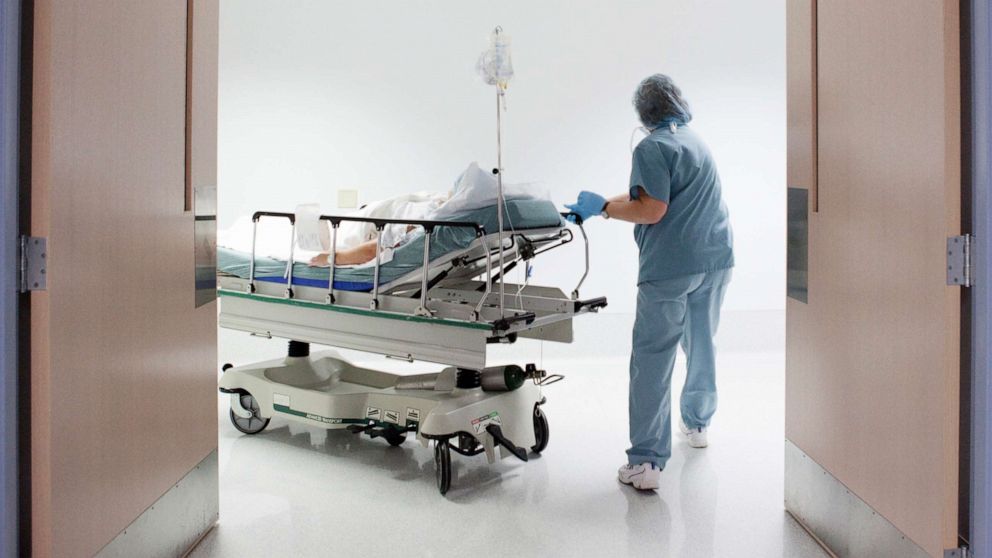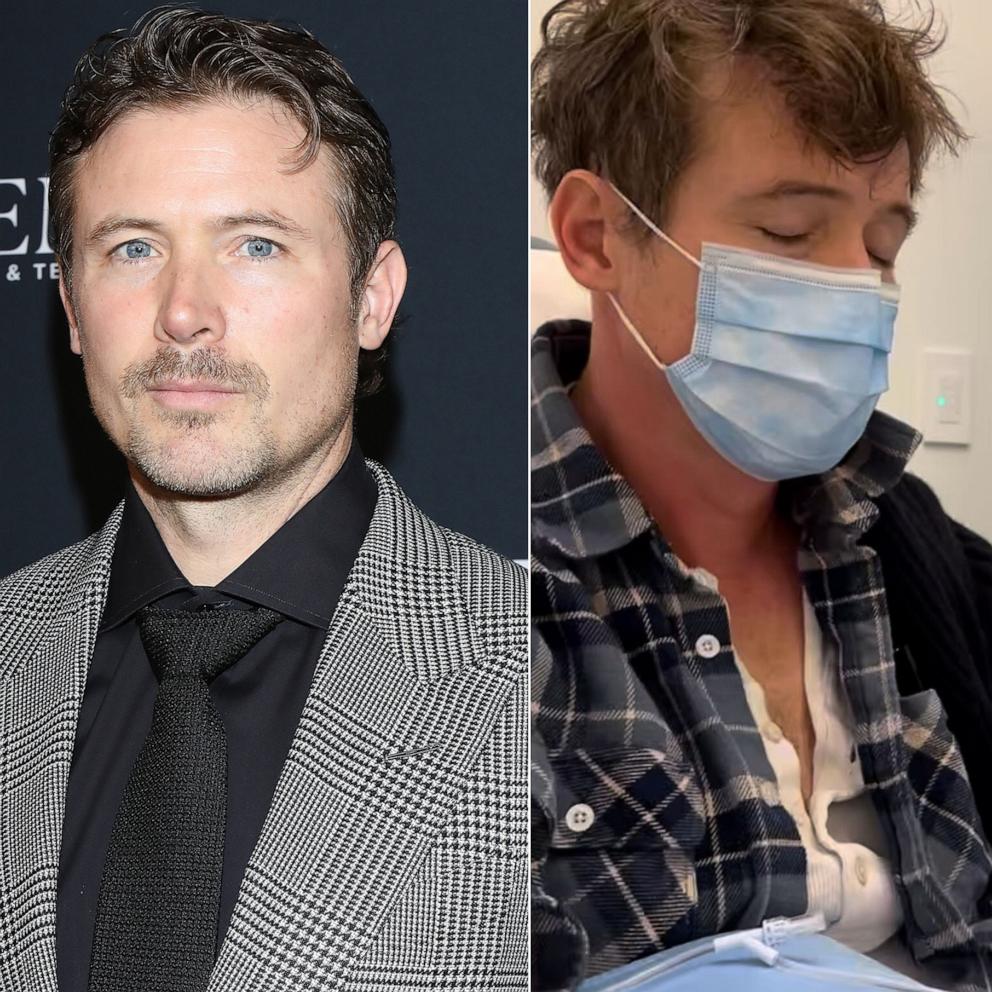As COVID-19 cases rise, some hospitals are again forced to suspend elective surgeries
As numerous states continue to see an uptick in coronavirus cases, some hospitals are being forced to hit pause on elective surgeries -- a measure that was last seen in the early spring as cases and hospitalizations climbed dramatically.
"Hospital capacity is now the state's top concern," New York Gov. Andrew Cuomo said Monday after announcing that elective surgeries will be suspended in Erie County due to rising COVID-19 cases and hospitalizations.
Catholic Health, one of the hospitals affected by the governor's orders, had already suspended elective surgeries two weeks ago. The hospital is expected to take a financial hit of about $40 million per month, similar to the loss the hospital system saw in the spring, according to Catholic Health President and CEO Mark Sullivan.
In the spring, the hospital furloughed about 1,200 employees.
"It was a very difficult decision to make," Sullivan told ABC News. "But we also knew that we needed to be prepared for the increase that we are seeing now. We need the beds and we need the staff."
Now, Sullivan said, the goal is to preserve resources -- from hospital beds to protective equipment -- as the hospital faces rising coronavirus caseloads.
"Seeing the staff having to go through this again is horrible," said Sullivan. "But there are many things we learned from the spring that will make things easier."
In West Virginia, Gov. Jim Justice also announced Monday that elective surgeries will be reduced statewide to ensure there is enough hospital space for coronavirus patients.

"Our state health experts are genuinely concerned about the possibility of our hospitals becoming overrun if things get worse," Justice said.
But Dr. Megan Ranney, an emergency physician and public health researcher at Brown University, said that while the measure is "essential for many reasons," elective surgeries are necessary on many occasions.
"Someone that needs to have a gallbladder surgery may end up in the ER if their surgery is canceled or postponed," said Ranney. "These things can happen. There are some very real potential negative consequences of delaying these elective surgeries."
Dr. Jason Kemp, the OR medical director at St. Luke's Boise Medical Center, also told ABC News that there are consequences to delaying certain surgeries. For some patients, a delay could impact their ability to function and live a quality life.
"The most common surgeries that are being delayed right now are knee or hip replacements," said Kemp. "These are patients that are in a lot of pain and they've been waiting months for their surgery."
"Delaying the procedure is not life-threatening," said Kemp, "but it certainly affects the quality of their life."

By suspending some elective surgeries until Christmas, Kemp said, the hospital can repurpose hospital beds and staff.
"These are all surgeries that people need," said Kemp. "But we don't want to put our patients or our staff at increased risk while patients are recovering from surgery."
For Dr. Jay Bhatt, a practicing internist and ABC News contributor, the suspension of elective surgeries again has made things difficult for patients who need surgical care that will help them be better and improve their mental health.
"We didn't need to be here again," Bhatt said.
"I am having trouble getting patients the surgical care they may need in the near future because hospitals are canceling elective surgery in some cases," he added. "This is deja vu."
A spokesperson for UC Health in Cincinnati told ABC News that the hospital is canceling elective surgeries that require hospitalization.
"Our health care workers can't continue at this pace, and there's only so many of them to deal with this surge," said Amanda Nageleisen, spokesperson for UC Health. "We are taking these necessary steps to help preserve the ability of our people to continue to provide both COVID and non-COVID care."
"Hospitalizations in our community have grown exponentially over the past month," added Nageleisen. "Today, one in four patients within hospitals in southwest Ohio are COVID-positive."
Sullivan, the CEO of Catholic Health, is urging people to stay home and follow CDC guidelines.
"The greatest gift you can give your health care heroes this holiday season is to not spread the virus," he said. "Hospitals around the country cannot go through this again."




